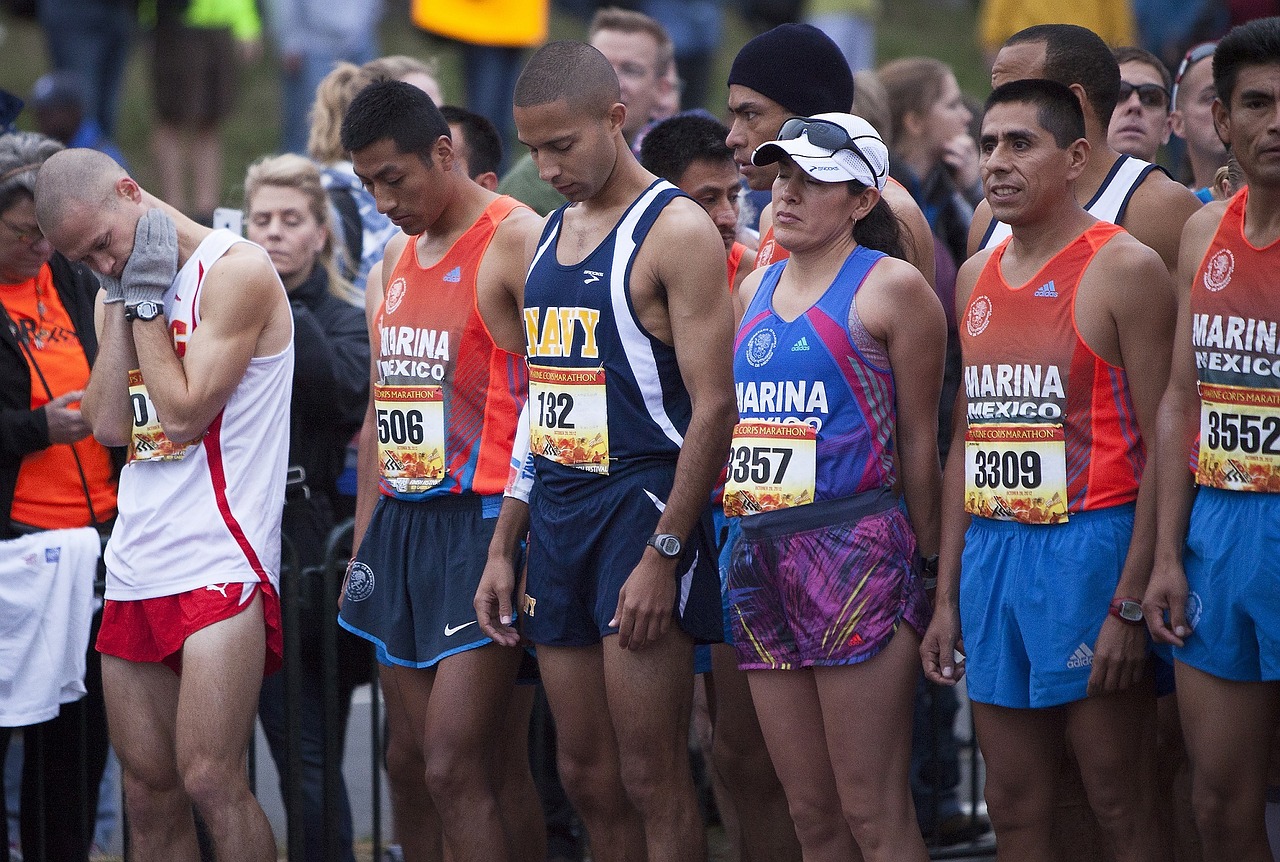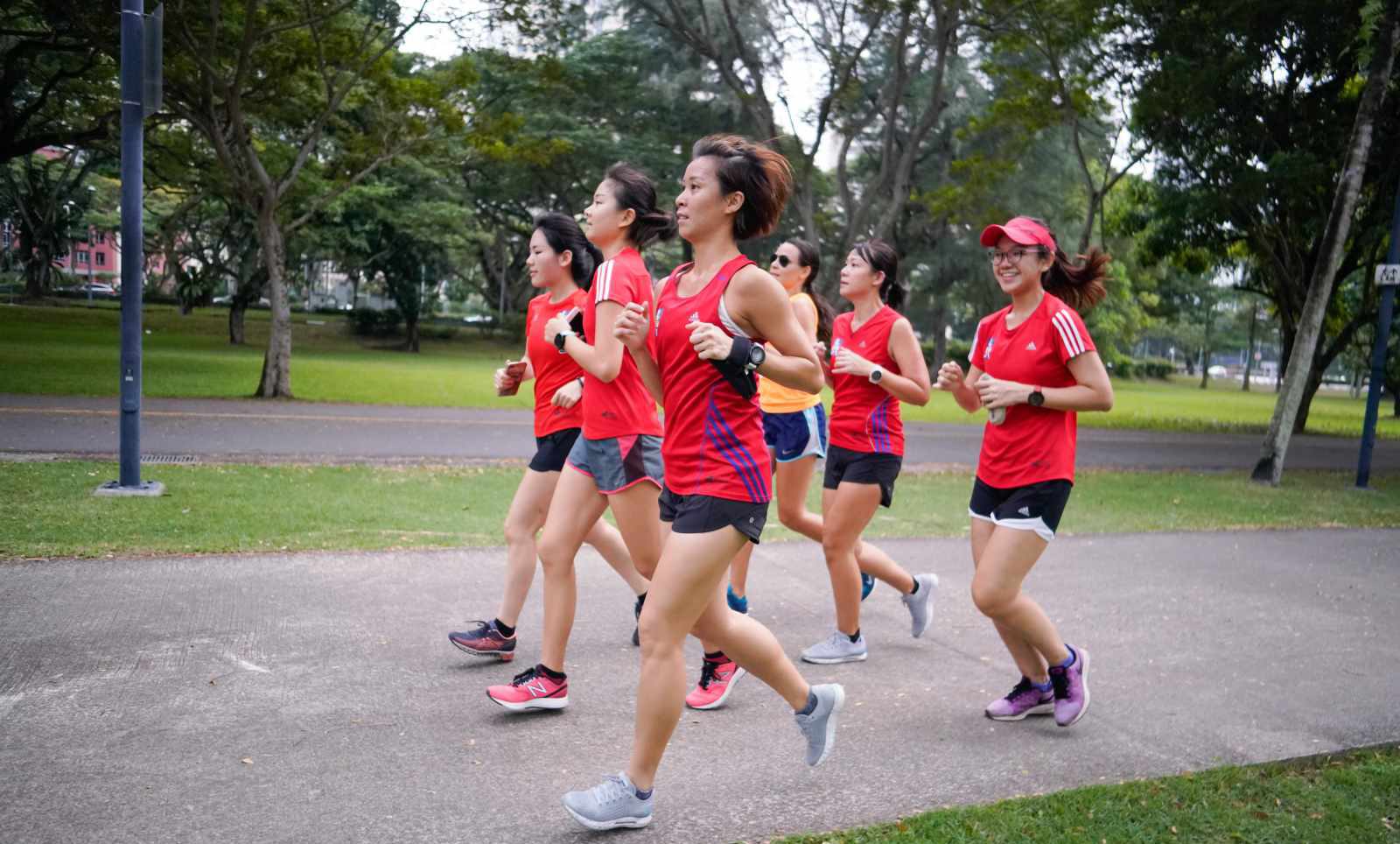These days, many people will not think of heading out for a run without a GPS tracker of some sort, be it a tracking app on the mobile phone, or a GPS watch. A GPS watch can provide the runner with data such as distance, time elapsed, pace, speed, calories burnt and even heart rate. Such information can be a powerful tool to improve your running albiet when used wisely.
Progress Tracking
A GPS watch can help track your running progress over time, whether you have hit your mileage goals, or if you were able to run faster and longer now compared to before. This is important when you’re training for a race, or when you’re following a running program in preparation for a race.
Motivation
At times, it can be hard to motivate yourself, especially when you’re running on your own. A GPS watch can act like a personal pacer, pushing you to carry on when your legs are starting to feel heavy, or bringing you just a little further than your previous run. You can also join a virtual running community on apps like Strava, join virtual challenges and track yourself on the leaderboard, which can motivate you to lace up and get out there for a run.
Recovery
Yes, a GPS watch can also be a useful tool in terms of recovery. As a GPS watch can track your pace, it can help keep you in check during your recovery or ‘easy’ runs. Many GPS watches also have heart rate monitors, which helps even more to ensure that you’re running in your ‘easy’ heart rate zone.
Having said all the above, a GPS watch can also hinder your running performance.
Running By ‘Feel’?
Having a GPS watch to help determine your running pace may not be such a good thing all the time. Everyone has different levels of fatigue daily. A 6 minute per kilometer pace yesterday may feel taxing today if you haven’t had enough rest or if you have had a tough day at work. Pushing through such fatigue and not heeding your bodily cues, may lead to even more fatigue and you also run the risk of injuries.
Lowered Confidence
If your usual pace or distance is feeling difficult on a particular day, you may start to doubt yourself and wonder if you have suddenly gotten less fit, or if your body is not responding to your training. This is highly unlikely when you have been consistent in your training.
To conclude, do not be too caught up with the numbers on your watch. If you’re just running for general health and for leisure, a GPS watch may not be necessary and may even suck the enjoyment out of your run.
However, mindful use of a GPS watch can take your training to the next level!

Photo credit: IAAF.org
P.S. Eliud Kipchoge won the 2016 Olympics Marathon with a time of 2:08:44, while not wearing a GPS watch! Similarly, Kenenisa Berkele won the Berlin Marathon in 2011.





